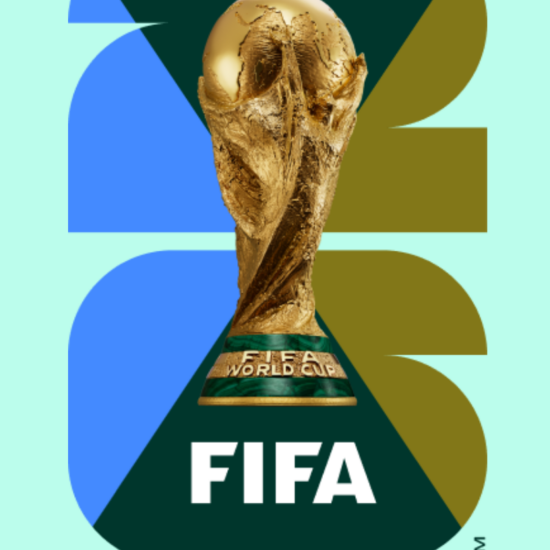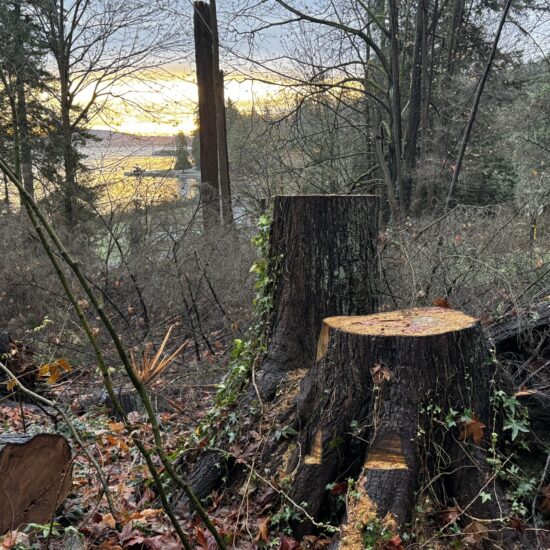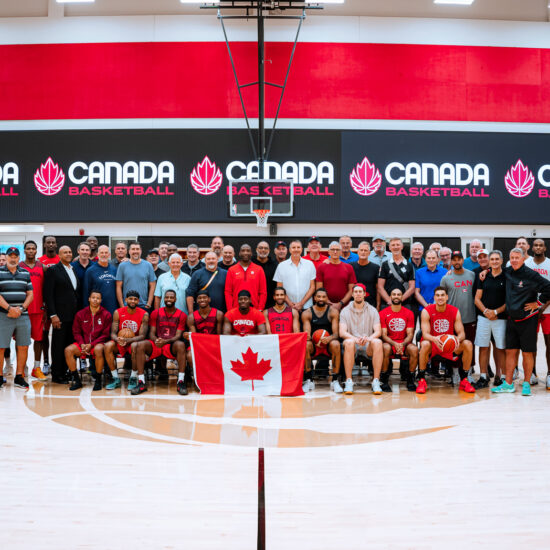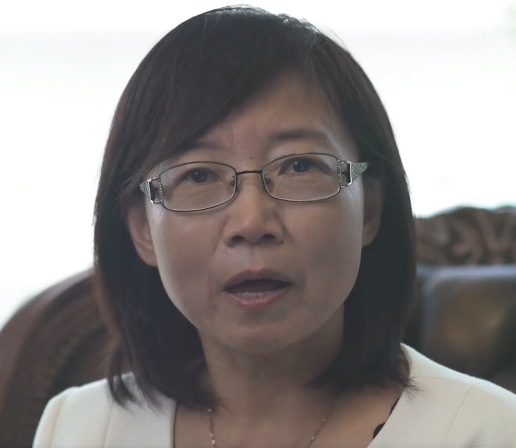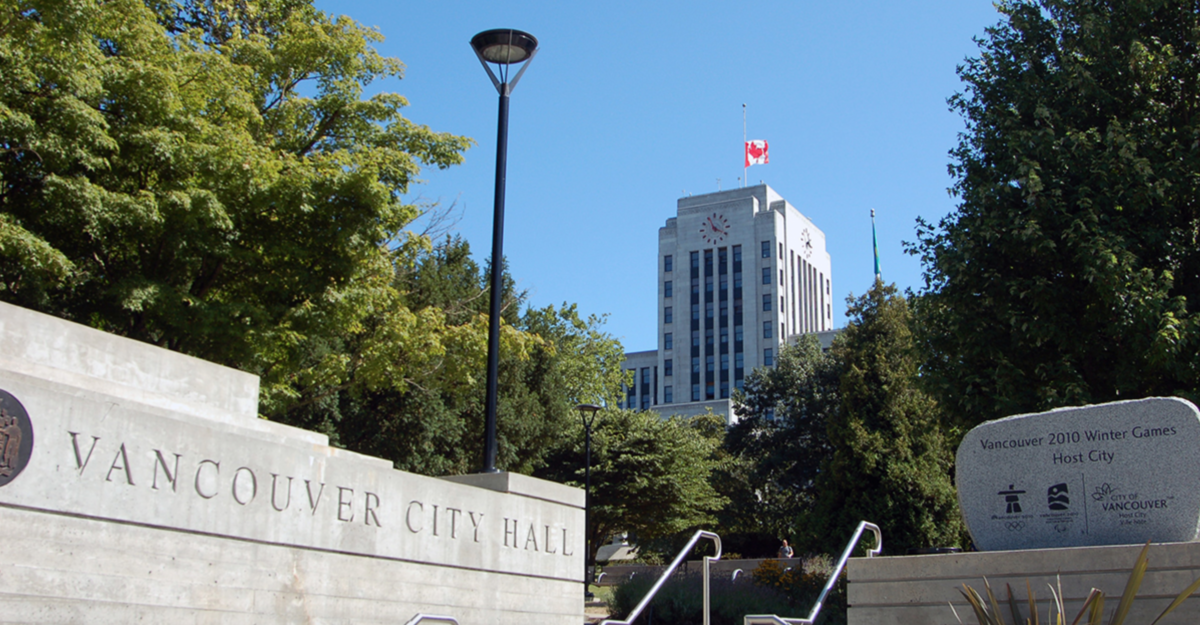
Bob Mackin
A city councillor running for mayor in this October’s civic election wants Vancouver voters to decide whether the city should bid for the 2030 Winter Olympics and Paralympics.
Coun. Colleen Hardwick plans to table a motion at the March 29 city council meeting aimed at getting a yes/no plebiscite on the ballot. Hardwick, elected in 2018 on the NPA ticket, was acclaimed March 15 as the mayoral candidate for the TEAM for a Livable Vancouver party.
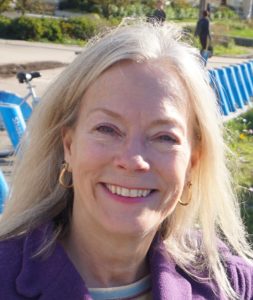
NPA Coun. Collen Hardwick (Mackin)
“Why would we be afraid of it, why would anyone be reluctant to have this question asked? If the supporters of the Olympics bid are enthusiastic and feel that they have a strong case to be made, then they should be making it and they will be successful,” Hardwick said. “Or, if they’re not, they will hear the will of the people. I think this is a big enough question that the decision should be made by the people themselves.”
Last Dec. 10, Mayor Kennedy Stewart and his Whistler counterpart, Jack Crompton, announced what they called an indigenous-led bid exploration involving chiefs of the Musqueam, Squamish, Tsleil-Waututh and Lil’wat bands. In February, the Canadian Olympic Committee said it would help fund a feasibility study aimed at entering exclusive talks with the International Olympic Committee.
Mayor Kennedy Stewart tweeted March 24 “I will not second this motion.”
His tweet said that support for the motion contravenes the Oct. 29, 2021-dated memorandum of understanding, which was agreed in secret and not revealed until the Dec. 10 news conference.
The MOU, which mentions the goal of advancing reconciliation with First Nations, said that the assembly of two municipalities and four First Nations agreed to pursue discussions with senior governments to seek funding. A recommendation whether a formal bid is feasible is required “no later than March 2022 in accordance with 2030 Winter Olympic and Paralympic Games timelines.” The fifth and final clause of the MOU said it is not legally binding on any of the parties.
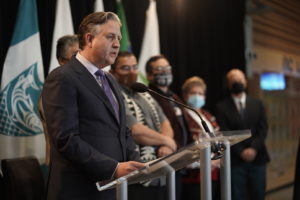
Vancouver Mayor Kennedy Stewart on Dec. 10 (City of Vancouver)
The IOC wants to award the Games by 2023 under a new procedure to replace bidding wars with closed-door negotiations. Other potential hosts include Sapporo, Japan, Salt Lake City, Utah, and a joint French/Spanish group.
The Vancouver 2030 bid was originally hatched by ex-Vancouver 2010 CEO John Furlong at a Board of Trade breakfast in February 2020 to mark 10 years since the Vancouver Games. Competition venues from Vancouver 2010 remain, but would need extensive renovations or retrofitting for 2030. City council delayed a motion to support the bid exploration by a year due to the pandemic. But, when it was passed in March 2021, no public speakers were allowed.
“Other municipalities and all local governments in British Columbia are on the same election cycle,” Hardwick said. “And so maybe what Vancouver can can be is an example to other municipalities that they might add a similar question to their ballots.”
The motion is formally titled “Plebiscite to Measure Public Support for a 2030 Winter Olympic Bid Held Concurrently with the 2022 Civic Election” and mentions Vancouver won the 2010 bid in July 2003 after 64% of voters passed a February 2003 plebiscite. Since then, Games TV ratings have dipped. The controversial Beijing 2022 Winter Games had 42% fewer viewers in the key U.S. market than PyeongChang 2018.
In 2018, more than 56% of voters in 1988 host city Calgary rejected a bid for the 2026 Games that would have cost $5.2 billion.
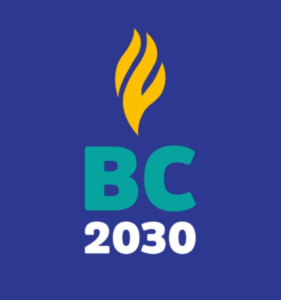
BC 2030 Olympic bid logo (BC Gov/FOI)
“The public shoulders significant financial costs,” Hardwick’s motion states. “The 2010 Olympics showed that unforeseen circumstances and unbudgeted items do come up.”
Those unforeseen circumstances were the Great Recession of 2008 that led to bankruptcy of sponsors General Motors and Nortel, cutbacks by others and the bailout and eventual receivership of the $1.1 billion Vancouver Olympic Village.
When it dissolved in 2014, the Vancouver 2010 Organizing Committee (aka VANOC), said it balanced a $1.9 billion operating budget that included at least $188 million additional from the federal and B.C. governments. It never held a public meeting, was exempt from B.C.’s freedom of information law and B.C.’s auditor general cancelled a post-Games report.
The total cost to operate and secure the 2010 Games, and build venues and related transportation infrastructure is estimated at more than $7 billion. That includes $554 million borne by city taxpayers according to an April 2010 report to council.
Actual costs are believed to be hidden in the board minutes and financial records at the City Archives, which are not to be opened until fall 2025 under the agreement signed in 2011 by then-city manager and VANOC director Penny Ballem.
Hardwick said access to those files is essential in making up her mind about the 2030 Games and she hopes the agreement can be amended to allow for necessary transparency.
“I want to make an informed decision,” She said. “If I can’t see the books from 2010 until 2025, that’s still three years from now, how am I supposed to make an informed decision?”
How much would the vote cost? The 2003 standalone plebiscite was $575,000 and a by-election to fill a vacant council seat in 2017 cost $1.2 million. But the city is already going to the polls on Oct. 15 to elect council, park board and school board politicians and seek approval on three capital spending measures.
Support theBreaker.news for as low as $2 a month on Patreon. Find out how. Click here.






